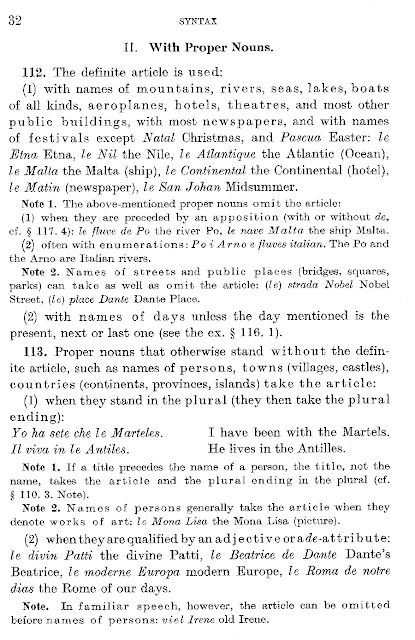Tiangong space station launches, and many other things (link roundup)
Friday, September 30, 2011
Time to get rid of some open tabs. There's a lot of interesting news to reference today.
First the big news: China has successfully launched the first part of its Tiangong (天宫) space station. We already have a much larger space station in orbit right now (China wasn't invited to participate in the ISS, by the way) so having a space station in orbit is nothing new. However, the ability to launch and maintain a space station is nothing to sneeze at, and China is capable of sending humans to and from a location like that, as is Russia. The US at the moment cannot, and this will be a reminder of that.
I doubt that Tiangong is jarring enough to launch another space race, however. What might be capable of this is Chang'e in 2013: this lunar rover will be the first probe on the surface of the moon since Luna 24 in 1976. It is most likely that no other country will have such a craft on the surface then (just two years from now), so China will be the only country exploring the surface there and that might be unsettling. I hope it is.
Next up is SpaceX's new plan for a fully reusable Falcon 9. It works by...well, by doing what you see in this video. Advantages to reusability are obvious: reduced costs and less time in between launches.
Next is news from WISE: the probably second-most interesting thing about the WISE mission (after discovering brown dwarf stars) is the large number of asteroids it has been able to uncover, and thanks to WISE we now know an estimated 90% of the potentially Earth-threatening (100+ metres) in the inner Solar System. The total number of estimated asteroids has been lowered slightly, but that still leaves tens of thousands left to find.
Chinese news:
An article here on a new Mandarin immersion program in South Orange County, and
an article here in German on how Chinese turns out to be easier for students than they thought. According to the article there are at least 232 schools that offer Chinese, a 45% increase over four years ago.
And finally, a good article here from TIME explaining how Korea's hagwon (cram school) addiction works, and how the government is attempting to fight this. The article lists a number of methods that are being used, and while each of them is an improvement, none of them focus on the main problem: that going to Good University A means a guaranteed awesome career and life, while ending up at Crappy University B more or less spells doom for a person's ambitions in the business world. Almost all of these methods they use can be counteracted, and may only make the planning for entrance to these universities more comprehensive.
They are:
"It is working to improve normal public schools by putting teachers and principals through rigorous evaluations — which include opinion surveys by students, parents and peer teachers — and requiring additional training for low-scoring teachers." -- this and the next are completely positive.
"At the same time, the government hopes to reduce the strain on students. Corporal punishment, an entrenched and formalized ritual in South Korean schools, is now prohibited." -- nothing wrong with that.
"Admissions tests for prestigious, specialized high schools (like foreign-language schools) have been eliminated. Middle schoolers are now judged on the basis of their regular grades and an interview." -- this one is iffy. Judging students on their regular grades is good, but the interview seems like just another test to ace.
And 500 admissions officers have been appointed to the country's universities, to judge applicants not only on their test scores and grades but also other abilities. -- Same here; another test that can be passed. Read more...






























